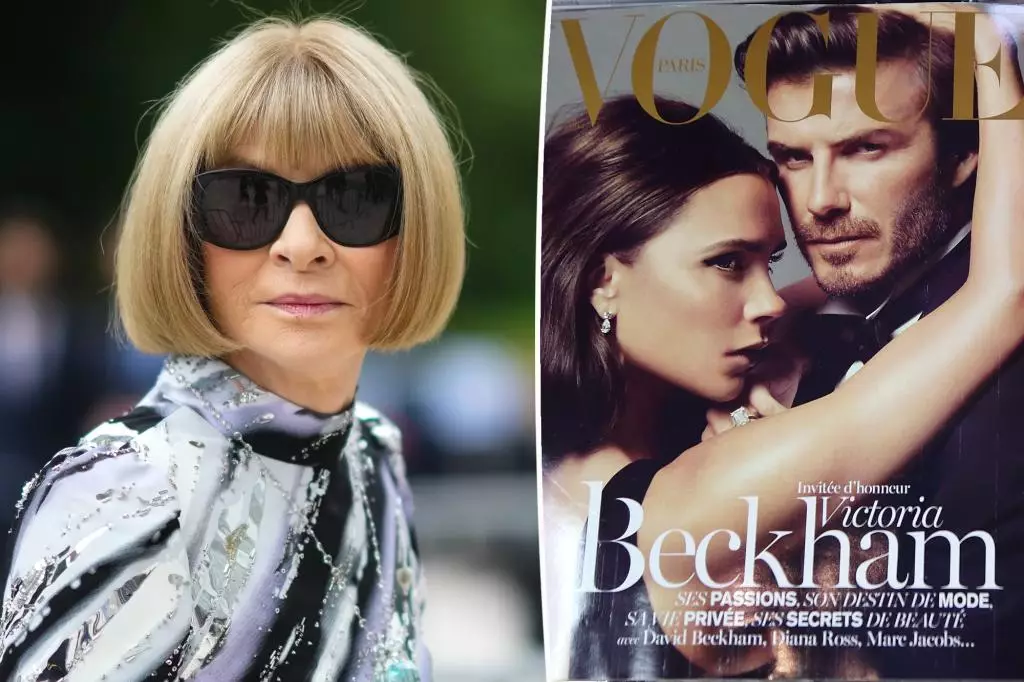In the world of fashion, opportunities for rising designers are highly sought after. So, when an emerging fashion designer received an email from what seemed to be Vogue magazine about a potential collaboration for a Netflix show, she was elated. Little did she know, she was about to be caught up in an elaborate con that could potentially jeopardize her career and reputation.
The designer, known for dressing celebrities and top influencers, shared her experience with Page Six. According to her, the email she received seemed legitimate at first glance. It stated that Vogue was in the process of selecting brands for an upcoming Netflix series and expressed interest in featuring her brand. The email detailed that the show would adopt a captivating documentary-interview format, delving into the designers’ stories, interactions with customers, and the dedicated teams behind these illustrious brands.
The credibility of the con was reinforced by a convincing website associated with the email, Voguebrands.org. The website, which has since been taken down, appeared to be professional and well-designed. It added an extra layer of legitimacy to the scheme, making it more difficult for the designer to question its authenticity.
However, the designer’s suspicions were aroused when the website started asking for a financial contribution. The scammers requested money to be sent via Coinbase or PayPal, a red flag for anyone familiar with legitimate business practices. It was at this point that the designer reached out to Page Six for verification.
A Web of Illusions
As the investigation unfolded, it became evident that the con had been meticulously planned. The scammers even presented the designer with a professionally crafted document highlighting prestigious partnerships they claimed to have, including a collaboration with the popular TV show “Shark Tank” and Mark Cuban’s cryptocurrency platform, Polygon. The designer, earnestly believing in the opportunity, invested hours of her time compiling detailed information about her brand, including its history, content, images, collections, lookbooks, and press history. She sent everything the scammers requested, feeling as though she was jumping through hoops of deception.
From Excitement to Disillusionment
After the extensive submission process, the designer received an email informing her that she had been chosen for the faux show. Overwhelmed with joy, she couldn’t contain her emotions and shed tears of happiness. However, her elation was short-lived. Upon closer inspection of the email, she noticed a suspicious request for her to become a member of “Vogue Brands” by paying a fee of $200. This request, combined with the instructions to send the money through personal PayPal and Coinbase accounts, raised major red flags.
The Scammers’ Promises
The email, which claimed to provide participation in Vogue projects, features in Vogue magazine, industry alliances with other brands, access to Vogue events, and marketing courses, seemed too good to be true. By promising such enticing opportunities, the scammers enticed the designer to invest her time, effort, and even money.
As the disappointed designer ponders the con, she wonders what the scammers’ ultimate goal was. Was it solely to exploit designers’ dreams and emotions for financial gain? Or did they have a more sinister motive in mind? Regardless of their intentions, one thing is clear – the emerging designer was nearly duped by an intricate con, highlighting the importance of vigilance and skepticism in the fashion industry.
The fashion industry, like any other, is not immune to elaborate cons and scams. This incident serves as a reminder for all aspiring designers and professionals in the field to exercise caution when presented with enticing opportunities. Vigilance is key in protecting oneself from falling victim to deception.

